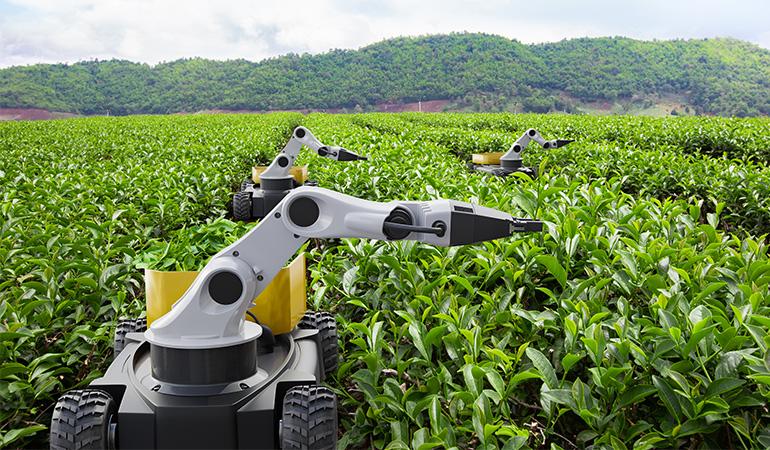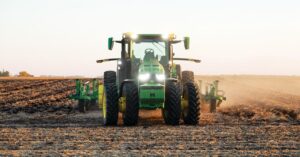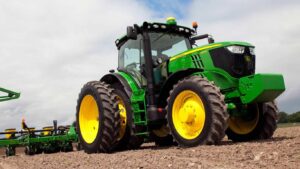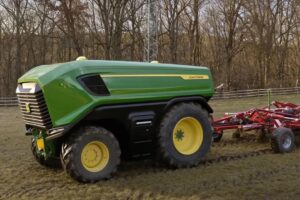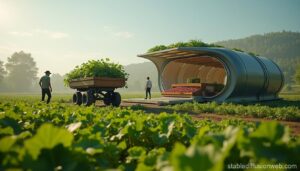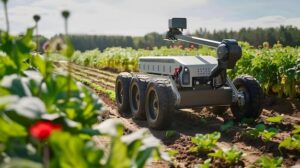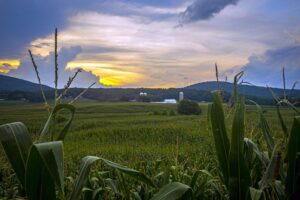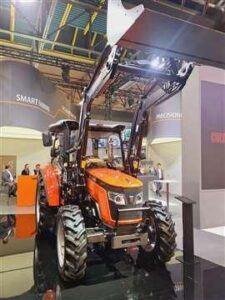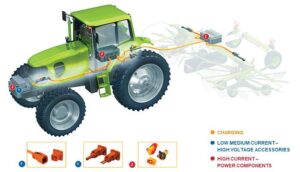Agricultural equipment manufacturer CNH Industrial is making significant strides in autonomous farming technology through strategic partnerships aimed at developing AI-powered automation solutions. The company’s latest initiative combines artificial intelligence with precision agriculture to address labour shortages and improve operational efficiency in modern farming. By integrating machine learning algorithms with existing agricultural machinery, CNH is working to transform conventional farming practices into data-driven, automated processes that can optimize crop yields while reducing resource consumption. CNH Industrial, a global leader in agricultural machinery, has unveiled its latest collaboration with leading technology firms to develop advanced AI-powered automation solutions for modern farming operations. The strategic partnership aims to revolutionize agricultural practices through bright machinery and data-driven decision-making systems.
The initiative combines CNH’s extensive agricultural expertise with cutting-edge artificial intelligence capabilities to create smart farming solutions that optimize crop yields, reduce resource consumption, and minimize environmental impact. These innovations include autonomous tractors equipped with computer vision systems, precision planting technologies, and real-time crop monitoring solutions.
A key component of this partnership involves the development of machine learning algorithms that can analyze vast amounts of agricultural data collected from various sources, including satellite imagery, soil sensors, and weather stations. This comprehensive data analysis enables farmers to make more informed decisions about planting schedules, irrigation needs, and harvest timing.
The autonomous machinery being developed features advanced obstacle detection systems and precise navigation capabilities, allowing equipment to operate safely and efficiently in various field conditions. These systems utilize neural networks trained on extensive datasets of agricultural scenarios,enabling them to adapt to changing environmental conditions and optimize their performance continuously.Precision agriculture technologies incorporated into these solutions include variable-rate application systems for fertilizers and pesticides, reducing waste and environmental impact while maintaining optimal crop health. The AI-powered systems can identify specific areas requiring treatment, ensuring resources are used only where needed.
Field trials have demonstrated significant improvements in operational efficiency, with automated systems showing up to 20% reduction in fuel consumption and 15% increase in productivity compared to traditional farming methods. The technology also addresses labor shortages in the agricultural sector by automating routine tasks and allowing farmers to manage larger operations more effectively.
Data security and integration capabilities have been prioritized in the development process,with robust systems ensuring farmer data privacy while enabling seamless communication between different pieces of equipment and management software. This interconnected approach creates a comprehensive farming ecosystem that supports data-driven decision-making at every level of operation.
The partnership includes plans for continuous system updates and improvements based on real-world performance data and user feedback. This iterative development approach ensures the technology remains current and adapts to evolving agricultural needs and challenges.
implementation support and training programs are being developed to help farmers transition to these advanced systems, with particular attention paid to user interface design and operational simplicity. The goal is to make elegant technology accessible to operators with varying levels of technical expertise, ensuring widespread adoption and practical benefits for the agricultural community.

